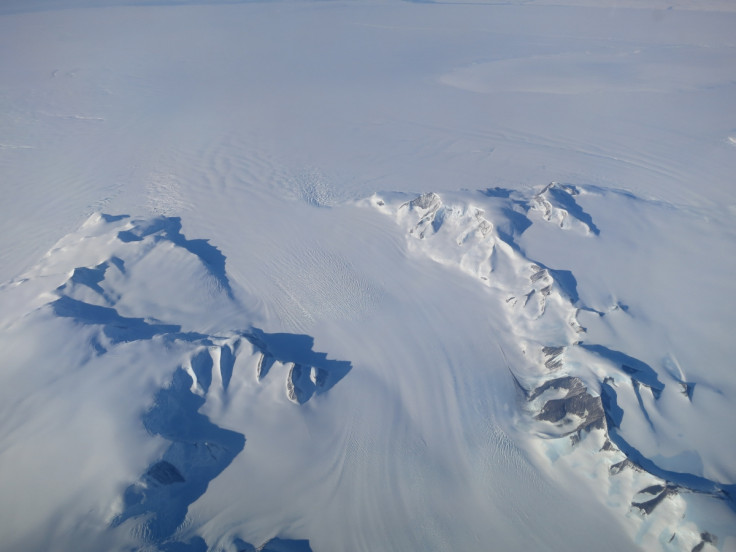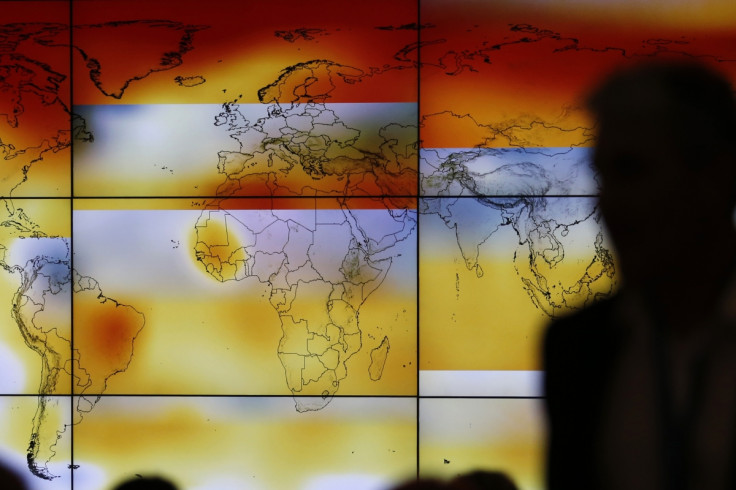Global warming 'may delay next ice age by 100,000 years'

Human influences may have disrupted the global climate system to such an extent that the next naturally occurring ice age may have been postponed by as many as 100,000 years, scientists say. Researchers from the Potsdam Institute for Climate Impact Research in Germany warn that the recent rapid increase, in geological terms, in the amount of greenhouse gases in the atmosphere means the planet is set for a prolonged warming phase.
Scientists also believe that the beginning of a new ice age was narrowly averted just before the onset of the industrial revolution, most probably because of the relatively high levels of carbon dioxide in the atmosphere at the time.
The world has been alternating between cold and warm periods for the last 2.6 million years, with the last major ice age occurring more than 12,000 years ago. Huge swathes of North and South America and Eurasia were ice-covered during the period, limiting the spread of homo sapiens to the African continent.
Scientists say certain characteristics of the Earth's orbital position around the Sun at present are favourable for the beginning of a new glacial period, but that increased concentrations of greenhouse gases in the atmosphere are keeping another big freeze at bay. The findings are detailed in the journal Nature.
'Mind-boggling'
In order to predict the onset of the next glacial period, researchers examined the last eight global ice ages over the last 800,000 years using complex computer models.
They concluded that the current interglacial period would last for at least another 20,000 years – even if greenhouse gas concentrations in the atmosphere remained at their pre-industrial revolution levels of 240ppm (parts per million).

The advent of industrial society has since raised this level to about 400ppm. Add another 1,000 to 1,500 gigatonnes of carbon to the atmosphere, and the next ice age is virtually guaranteed to be postponed by 100,000 years, the Potsdam scientists say.
"The bottom line is we are basically skipping a whole glacial cycle, which is unprecedented," Andrey Ganopolski, who led the research team, told the Guardian. "It is mind-boggling that humankind is able to interfere with a mechanism that shaped the world as we know it."
The study reinforces the assertion that the Earth has entered a so-called Anthropocene geological age, marked by humanity's impact on the planet. An international scientific panel is working towards formally classifying the new epoch, with the middle of the 20th century suggested as a potential starting point for the new era.
© Copyright IBTimes 2025. All rights reserved.






















